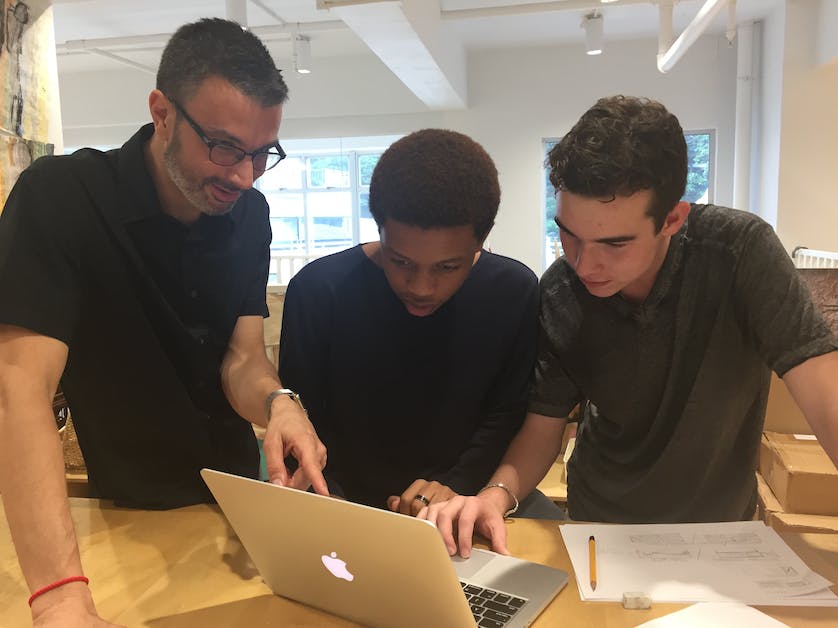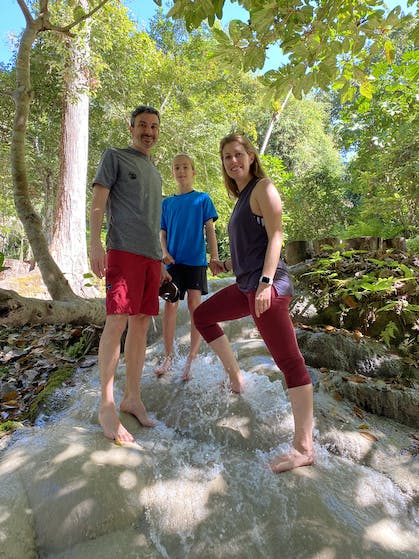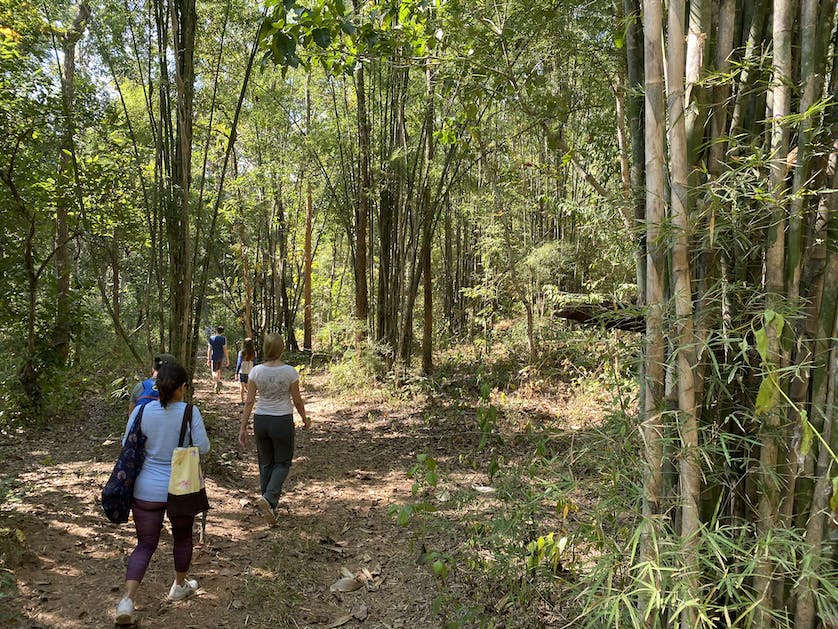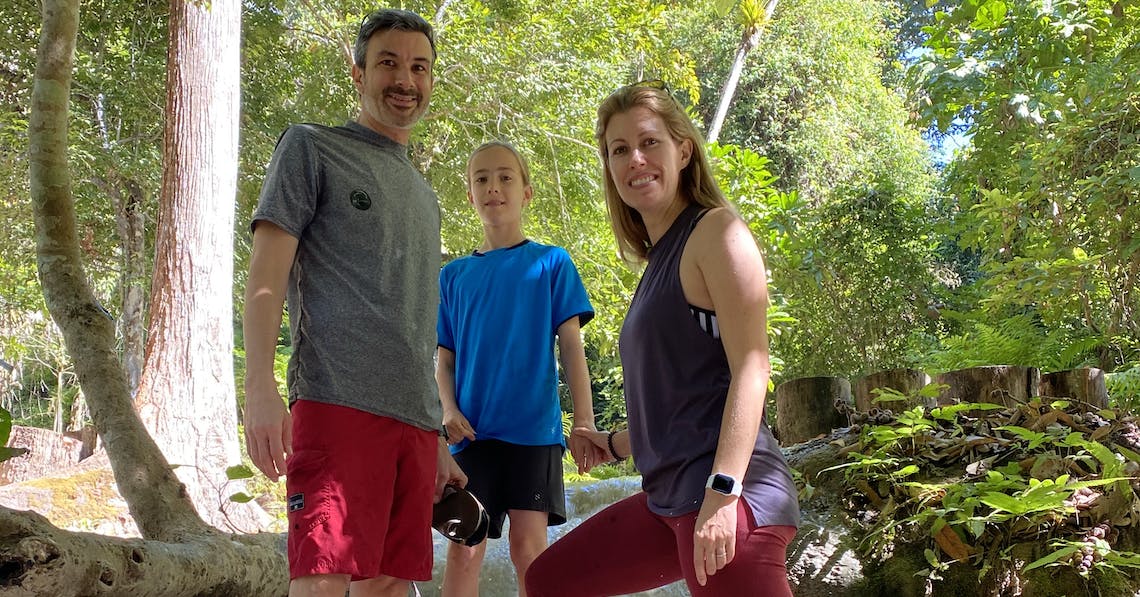There is a significant irony in the fact that over the past twelve months my family and I have moved countries enough times to get a good feel for what lockdown is like in different parts of the world. I won’t go so far as to suggest ‘lockdown tourism’ should be a new leisure category, but after a while you appreciate how imposed self-isolation works depending on where you are. Looking back, ending up in Chiang Mai is the stuff lockdown dreams are made of. OK, maybe that’s going a bit far, but life isn’t too bad here.
I am an educator. I share in common with all families with children the challenges of COVID. One day, maybe we will be able to have a therapeutic debrief.
My family and I started our COVID story in Saudi Arabia, where at the time leaving the compound meant a multi-thousand dollar fine and imprisonment. Shopping for groceries is not easy when you can’t leave the house and there are no options for food delivery. Eventually, we decided to leave Riyadh, and within four days we had packed up our house and arrived in England. Restrictions weren’t so bad in the UK, but we could tell that people were worn down after months of isolation. In Birmingham, we were confined to a small apartment for a bit less than a month and then were released into the city, which was wonderful in many ways, but let’s face it, high contamination rates made you wonder whether it was worth stepping outside. We eventually made it to Chiang Mai, a couple of weeks more of quarantine and then we were able to settle in our home.

When I speak to my friends or read news from Europe, North America, and even some other parts of Asia, I can’t help but think I’m in another world. I’m serious. I’m only hyperbolising a bit. I live in a beautiful part of the country, with fields extending far and wide. We go on hikes and walks and bike rides and sit outside and, well, feel like we can stretch our soul. We still take precautions leaving the house, wear masks and sanitise, but so does everyone else. I’ll repeat, so does everyone else. This third wave of COVID in Thailand is subsiding quickly because there is no question of people taking responsibility, abiding by the rules, doing what is necessary to keep everyone safe. It is a social agreement, one to which everyone adheres. Compared to other places in which I have experienced the COVIDisation of collective norms, it feels much more stable.

Whatever changes to school end up looking like, I am willing to bet that relationships will still matter and I am grateful, every day, for the fact that I have not been in remote learning all year, that every time a wave hits and we have to self-isolate, we find comfort knowing that it probably won’t be for too terribly long and we count in weeks not months. I remind myself that I spent most of the year in physical school. I have had the chance to get to know the learners in my classrooms, under the sun in the quad, at a table in the cafeteria, and in my office when they pop in to chat during break. That has been invaluable and has allowed me, us to create bonds that have mitigated the risk of loss of quality of learning. We have a rapport and have maintained our class culture. That has been invaluable.
My own children feel the same. They have, thankfully, not experienced too much of the stress that comes from isolation. They have built strong friendships since they arrived at the beginning of the school year and these have served them well through lockdown. They text, play virtually, even have small bubbles and visit (following the protocols on which our families have agreed). Like households everywhere, we have more time as a unit, which also has its ups and downs, but we remain optimistic, optimistic because of that light at the end of the tunnel, that promise that follows dropping numbers. When the government’s objective is zero cases of COVID and efforts don’t stop until we get there, you can’t help keep your chin up. I’m not one for blind faith in the powers that be in any country, but the number trends of today and the past are what drive that optimism.

So yes, things are looking up. No, things haven’t been perfect and the stories my memory tells are reflections of my current positivity. It hasn’t been all easy since we arrived in Thailand, but we are grateful for what we have, for the context in which we live, for the nature around us. I am grateful for having had to become a more thoughtful and intentional educator given the fluidity of the circumstances as well as the needs of the learners in my class. I am grateful for my school’s support. This gratitude brings about positivity.
After lockdown in three countries, three different ways of experiencing confinement or self-isolation, I believe more than ever that crisis brings opportunity.
Living in a great place sure does help.
